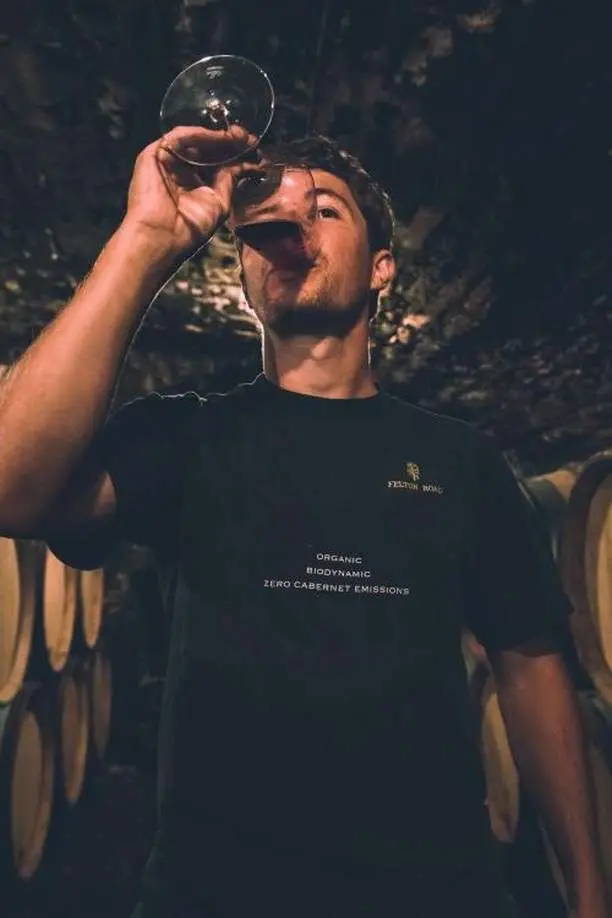PIERRICK BOULEY
Pierrick Bouley
Pierrick Bouley represents the 6th generation of this winemaker family. The Domaine used to be called "Domaine Reyane & Pascal Bouley" (the parents of Pierrick) before being renamed "Pierrick Bouley" from vintage 2019.
Pierrick, born in 1987, studied at the Lycée Viticole de Beaune and then spent some time abroad, working at Felton Road estate in Otago, New Zealand. Being a child of Volnay (Pierrick is Thomas Bouley's cousin), here turned to his hometown in 2014 to take over the family holdings (9.6 ha divided into 41 plots, mostly around Volnay and made of old vines ~ 65 yo). The Domaine has an outstanding portfolio highlighted by six different 1er Cru Volnay reds, including the tiny Monopole "Les Grands Champs" (only 0.24 hectares).


Pierrick Bouley represents the 6th generation of this winemaker family. The Domaine used to be called "Domaine Reyane & Pascal Bouley" (the parents of Pierrick) before being renamed "Pierrick Bouley" from vintage 2019.
Pierrick, born in 1987, studied at the Lycée Viticole de Beauneand then spent some time abroad, working at Felton Road estate in Otago, NewZealand. Being a child of Volnay (Pierrick is Thomas Bouley's cousin), here turned to his hometown in 2014 to take over the family holdings (9.6 ha divided into 41 plots, mostly around Volnay and made of old vines ~ 65 yo). The Domaine has an outstanding portfolio highlighted by six different 1er Cru Volnay reds, including the tiny Monopole "Les Grands Champs" (only0.24 hectares).

Pierrick did not wait to engage significant changes at both the vineyard and the cellar. In 2017, he started to test different training methods. One major step relies on the fact that Pierrick stopped trimming the hedges of the vines (the "apex", considered as the brain of the vegetal), rolling over the vines' shoots ("tressage") and adjusting the canopy height (up to 1m70) to provide more shade; a tremendous manual work requiring a lot of time and human resources. The result is evident and is well observed by Pierrick in his vineyard, which has been entirely trained under this method since 2020. Through his tests, he noticed that the berries taste better (better balance, rounder fruit and sharper acidity) on the not-trimmed vines, which are, in addition, more resistant to diseases and better respond to treatments.
Consequently, this "tressage" method also leads to lower yields, promoting a natural concentration in terms of ripeness level, acids, dry extracts and phenols in the grapes. The vineyard is pruned through the "Guyot-Poussard" technique, and Pierrick is also experimenting with permaculture, mowing the grass between the rows and cultivating, if necessary, only under the vines. The Domaine will be organically certified from vintage 2023.
At the cellar, Pierrick has also adapted his winemaking approach. The berries are still fully destemmed with a little extraction during the maceration (mostly pump-over) and no sulfur during the vinification (only added at the racking stage to reach a total of 40 mg/L). Nothing is added during the winemaking: no sulfur, no yeasts, no enzymes, no chaptalization and no acidification. Wines are aged 12 months in oak barrels (20 to 30% new oak), but here again, Pierrick is moving forward: since 2019, he has been using oak barrels heated by steam instead of fire. Through this new method, Pierrick aims to benefit from the oak qualities (micro-oxygenation…), adding a subtle and fine touch to the final wine without having any toast influence. In addition, a new cellar has been built in the centre of Volnay, adding up flexibility and precision to the very qualitative approach set up by Pierrick.
This exigent viticulture and sensible winemaking results are impressive: seamless, complete wines with superb concentration, beautifully defined by site. Pierrick's wines are not demonstrative or full-bodied; they are much more focused on what we love in Côte de Beaune: refined tannins, perfect balance, well-integrated oak and a precise, pure core of red berries framed by lively acidity.


At the cellar, Pierrick has also adapted his winemaking approach. The berries are still fully destemmed with a little extraction during the maceration (mostly pump-over) and no sulfur during the vinification (only added at the racking stage to reach a total of 40 mg/L). Nothing is added during the winemaking: no sulfur, no yeasts, no enzymes, no chaptalization and no acidification. Wines are aged 12 months in oak barrels (20 to 30% new oak), but here again, Pierrick is moving forward: since 2019, he has been using oak barrels heated by steam instead of fire. Through this new method, Pierrick aims to benefit from the oak qualities (micro-oxygenation…), adding a subtle and fine touch to the final wine without having any toast influence. In addition, anew cellar has been built in the centre of Volnay, adding up flexibility and precision to the very qualitative approach set up by Pierrick.
This exigent viticulture and sensible winemaking results are impressive: seamless, complete wines with superb concentration, beautifully defined by site. Pierrick's wines are not demonstrative or full-bodied; they are much more focused on what we love in Côte de Beaune: refined tannins, perfect balance, well-integrated oak and a precise, pure core of red berries framed by lively acidity.
REGION OF PRODUCTION
Burgundy - France
APPELLATION
Volnay, Pommard, Monthelie, Beaune, Aloxe-Corton
FOUNDED
1919
VINEYARD
9.5 hectares
CLIMATE
Continental climate
SOIL COMPOSITION
Clay-limestone marls, alluvial sediments on mid-Jurassic (Callovian and Oxfordian) limestone bedrock. 230-280m altitude
VARIETIES GROWN
Pinot Noir, Chardonnay, Aligoté
AGRICULTURE
Biodynamic approach































